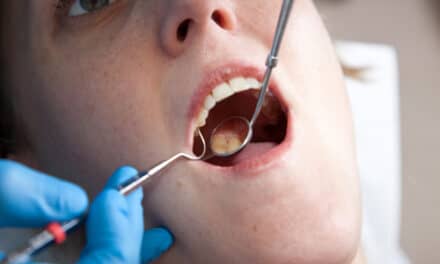A cyberattack hit the ADA and some affiliated state dental associations, taking down certain online services.
A cyberattack affecting the American Dental Association and some affiliated state dental associations has caused a temporary disruption to certain computer systems.
On April 22, the ADA was hit by a cyberattack that disrupted the association’s systems, including Aptify and ADA email, telephone, and Web chat.
The ADA stated that there is no indication that any member information and other data has been compromised but added that the investigation is still underway.
In a message to members, the ADA stated that if it determines that personal information was exposed as a result of this incident, it will notify affected parties according to applicable law.
The cyberattack also appears to have affected some state dental associations that share backend systems with the ADA for their members, according to a report by BleepingComputer.com.
The ADA immediately responded by taking affected systems offline to secure its network and investigating the nature and scope of the disruption.
The association says it is currently working with third-party cybersecurity firms to investigate the attack and restore full and secure functionality to its network.
Federal law enforcement has been notified, and the ADA is cooperating with them in an active investigation. As a result, the association says that it must limit the amount of detail that it can share at this time.
“ADA treats its responsibility to safeguard member information and data as an utmost priority,” the association stated. “ADA appreciates your patience and understanding while we work to resolve the situation and apologize for any inconvenience.”
In February, the Cybersecurity and Infrastructure Security Agency (CISA) issued a warning about cybersecurity threats possibly spilling over into American businesses from the war in Ukraine.
The ADA reminded dental professionals to be aware of the potential threat and forwarded recommendations for cybersecurity from CISA and the FBI. Dental and orthodontic practices store patient data, which often makes them targets for costly ransomware attacks.
While the Russian threat has yet to materialize so far, in April, U.S. Attorney General Merrick B. Garland announced that federal law enforcement had secretly disabled Russian malware discovered on networks in the public and private sectors.
According to the New York Times, the FBI obtained secret court orders that allowed the agency to remove the malware from these networks, including in private business, in some cases without the company ever being aware of it.
Photo 211252449 © Anyaberkut | Dreamstime.com










